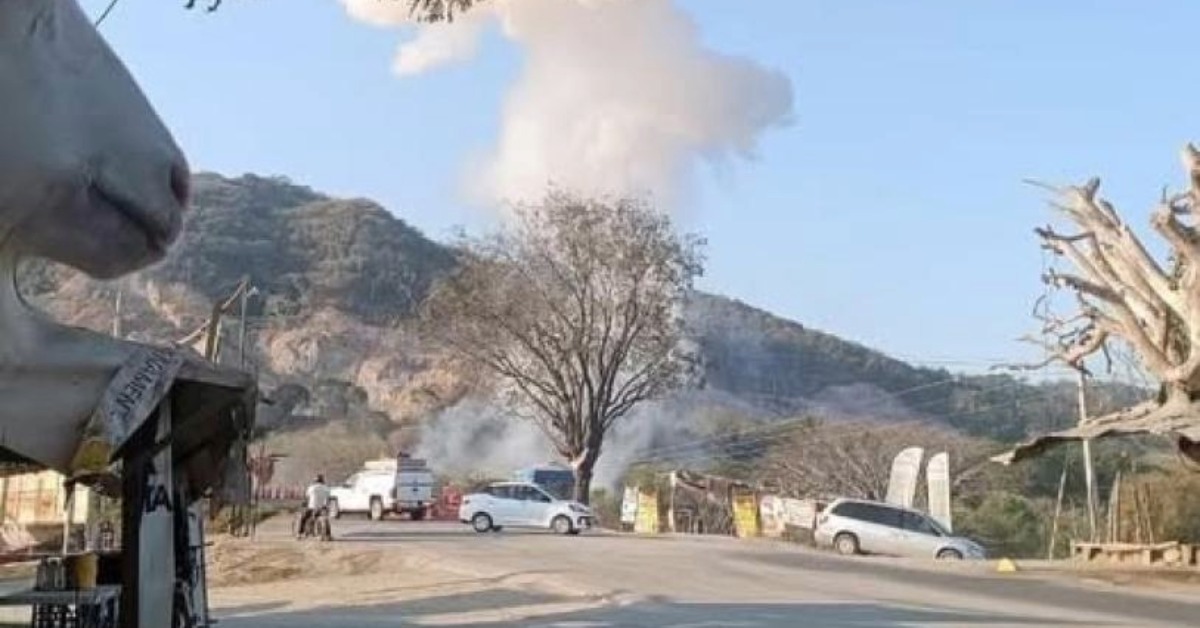Extreme temperature fluctuations, peaking at approximately 5 degrees above normal in several states across Mexico, have sent alarm bells ringing in recent weeks. Climate scientists unanimously attribute these conditions to the progressing impact of global climate change.
"Climate Change Has Already Reached Us"
Dr. Francisco Estrada Porrúa, coordinator of the Climate Change Research Program (PINCC) at the National Autonomous University of Mexico (UNAM), underscored the global nature of the crisis, stating, "Climate change has already reached us."
"Since the industrial era to the present, we've seen a 1.2-degree Celsius increase in . . .






